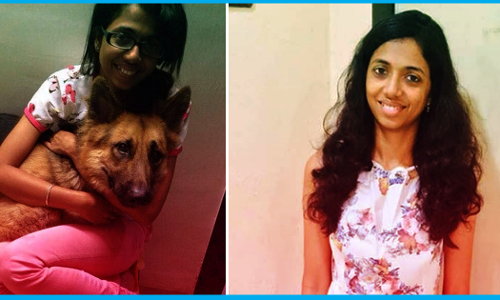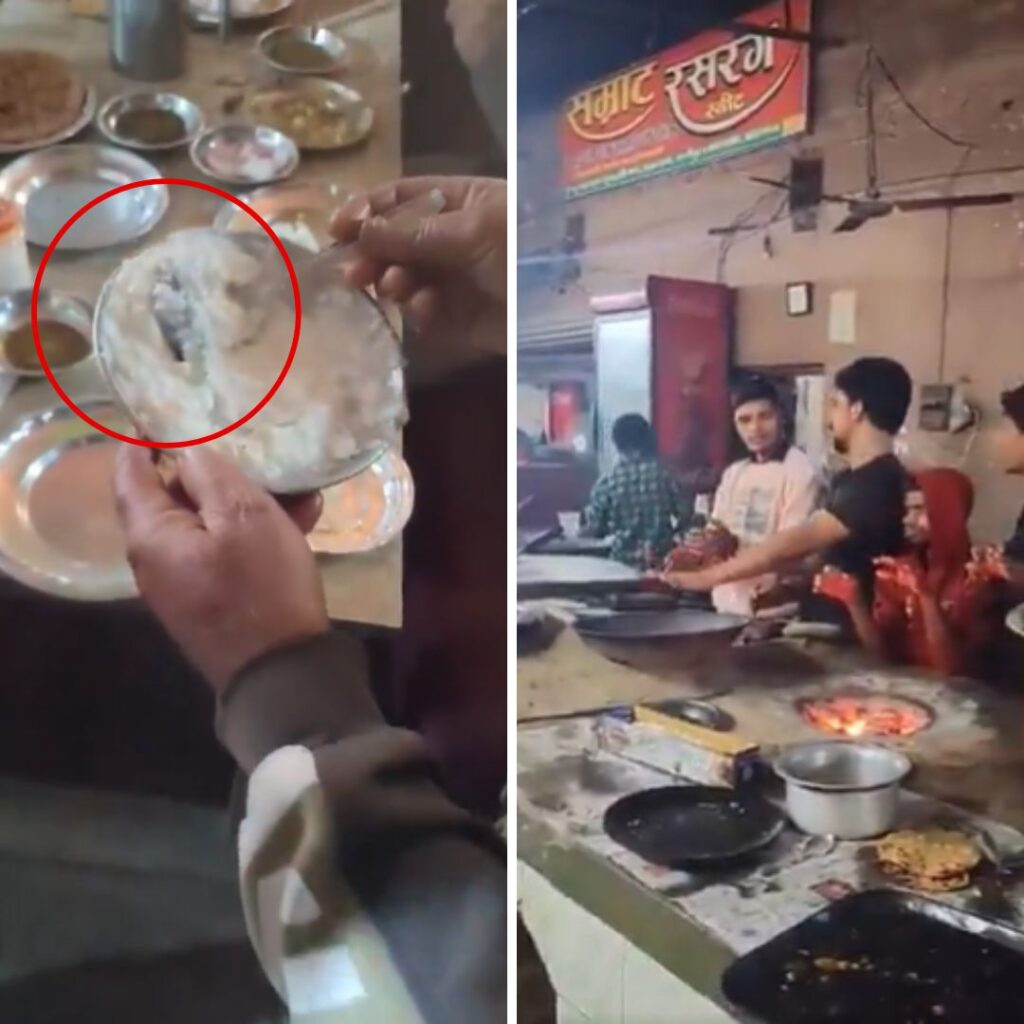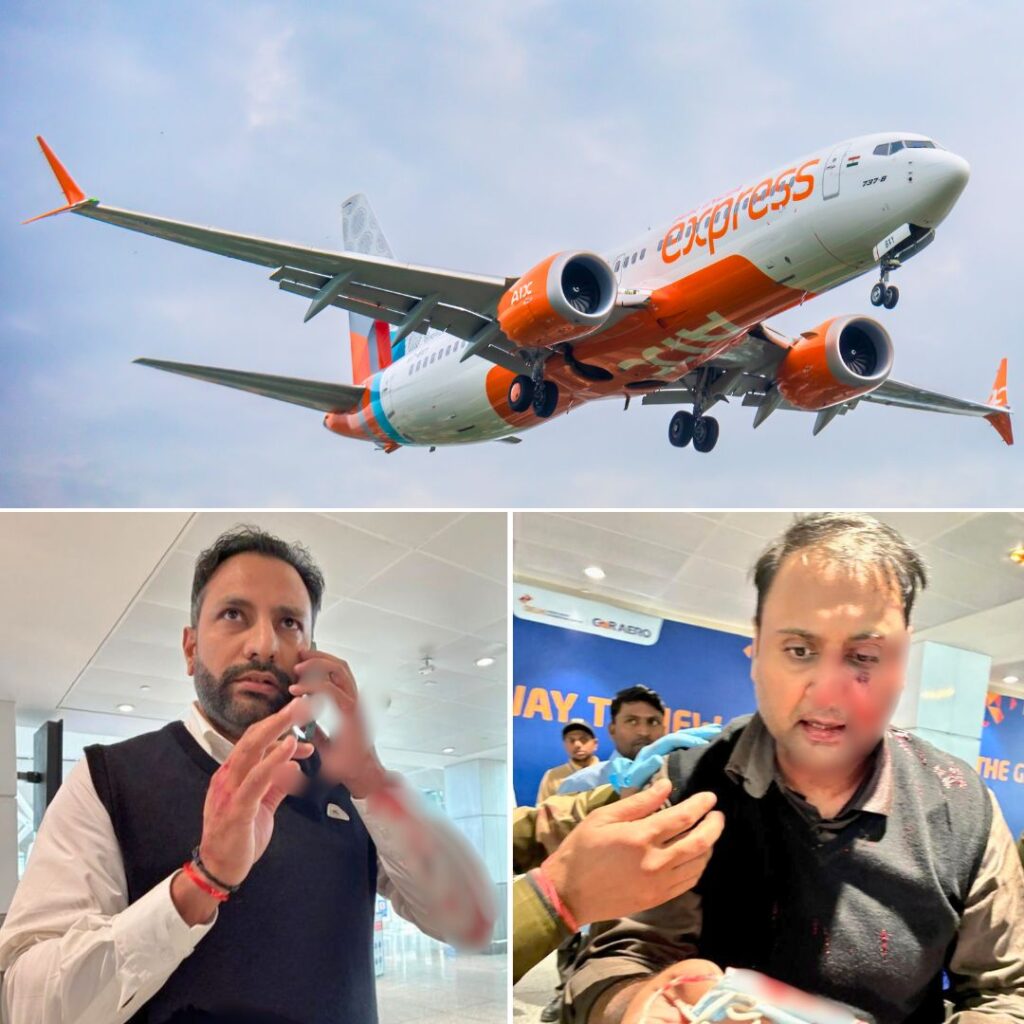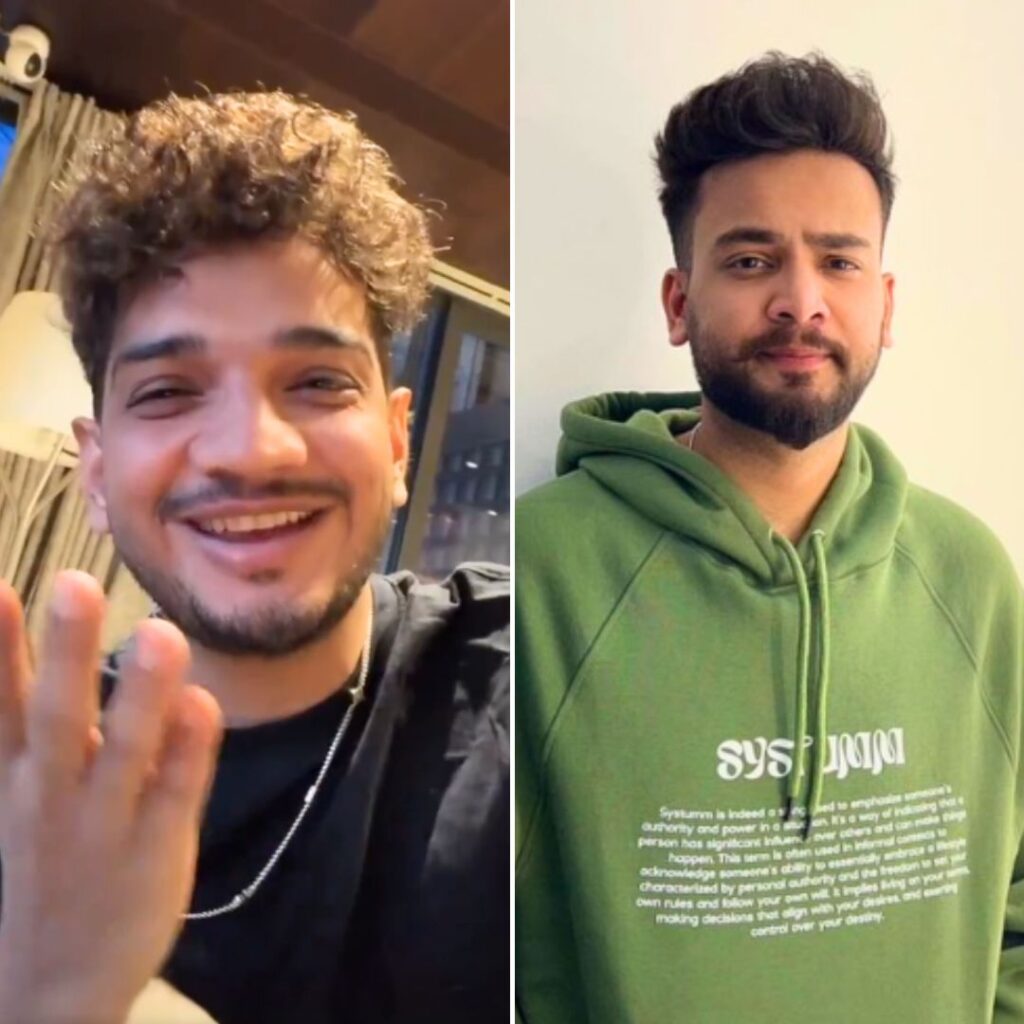“I knew very early on in life that I wanted to work with kids. It’s what I am most comfortable doing. Because my exposure was in the field of arts, I had two options before me to work with children – either paediatrics or teaching. But when I read my first book of psychology, I knew this is what I wanted to do for the rest of my life.
I started working with kids 6 years ago – before I had completed my masters. I did an internship with a clinical psychologist where we were given a project to analyse the IQ of children in BMC schools.
I was on a team which conducted IQ tests on children and I noticed that a lot of the kids were being labelled ‘mentally retarded’ even though they weren’t. They lacked logical reasoning as they had never been exposed to ideas and people who assist in their growth. They simply couldn’t get what they were being asked – it was a language and cultural barrier rather than a mental barrier. And I knew that if I only conducted tests and gave reports without further helping the children, they would be tagged mentally retarded for the rest of their lives.
But that seemed greatly unfair to me – we knew that the kids were perfectly normal.
This led to me become a teacher in an NGO in Mumbai where I worked in a study centre, teaching kids basic English and Math. This wasn’t purely academic, but to build the kids’ critical reasoning power. I did this for a year and my perception was really changed after working with a 9-year-old boy in the centre.
He was one of the most notorious children in my class – he would not sit in one place and would always talk back. I was really young then and he had made my life hell.
But instead of acting out, I decided to understand him. As advised by my colleague, I paid him a home visit.
However, what I saw was nothing close to a home.
The boy lived with his parents and siblings – around 10 people – under a plastic sheet supported by two rods, and this structure was situated at the edge of a big nala in Kurla, Mumbai
When I spoke to his mother I could see she had little idea of the mental health of her children. But I couldn’t blame her because she toils every day just to put food in her kids’ mouths.
After further conversation, I found out the reason for her child’s notorious behaviour. When he was in second grade, while playing in a wooden shed, a bamboo had fallen on him. He had a serious head injury and couldn’t concentrate or understand studies after the accident. Before that, he was a bright kid.
I realised that the child wasn’t being difficult, but I was because I couldn’t understand his issue. This completely changed my perception so I quit my job, cleared my Masters in Clinical Psychology and started working with marginalised children.
For four years, I worked in an organisation as counsellor. It was like we were fighting a war with the adults to make them understand that a child’s mental health is essential. We fought the management, the teachers and the parents.
People have the wrong perception about counselling – they think it’s somewhere you could go and get your naughty kid ‘fixed’. And this is believed not only by the backward sections of the society, but even educated adults.
Children are always a reflection of their surrounding – they are the mirrors for the worst in ourselves.
If a child in being difficult then there is a part of his life which is hard and difficult. If that changes, then the child’s behaviour is bound to change as well.
Mental health of children is not a phase – it’s something they always go through – and it is essential that a discourse starts in this area to understand and spread awareness about the issue.
I understood the need for sympathy and compassion towards kids because of my pets.
All my life, I have never lived without a pet at home. I’ve had dogs, cats, rabbits, a hen and a squirrel.
There was a baby squirrel which had fallen down a tree in front of my house. I rescued the squirrel and kept him in my home. There are a hoard of things that one can learn from animals. So I decided to combine counselling with animal therapy.
Animal Assisted Therapy helps children be children and embrace humanity.
I currently use four therapy dogs and a donkey in my session. Though it seems absurd to use a donkey for child therapy, but the animal is so friendly that the children learn in abundance.
I have collaborated with an animal behaviourist who helps me train the dogs.
I started Animal Assisted Therapy a year ago after I left my job. Children from all stratas of the society visit my clinic. As my expertise lies with dealing with marginalised children, I counsel them free of cost. They are the ones who require more help because they are the most neglected.
It is important that people understand what mental therapy means. If a child is going through counselling, it doesn’t mean that they are ‘crazy’. Mental health is much more than that – it deals with coping mechanism and is a developmental milestone.
The ability to understand our own being is a sign of good mental health. Castrol Activ Scooter recognised the need for spreading awareness about the same and featured me on their special ‘achiever ramp walk’ show.
Castrol Activ Scooter ran a contest by inviting stories of women entrepreneurs and the best stories got a chance to feature on the show. The show celebrates the spirit of entrepreneurship and women empowerment.
I am very grateful to Castrol for recognising my work. There are other women who are achieving their goals by creating a strong social impact and Castrol acknowledged this spirit of the modern, independent woman.”
– Hemangi Vyawahare
Over 540 women took part in the contest, and you can watch here.
#ChalUdteHain











